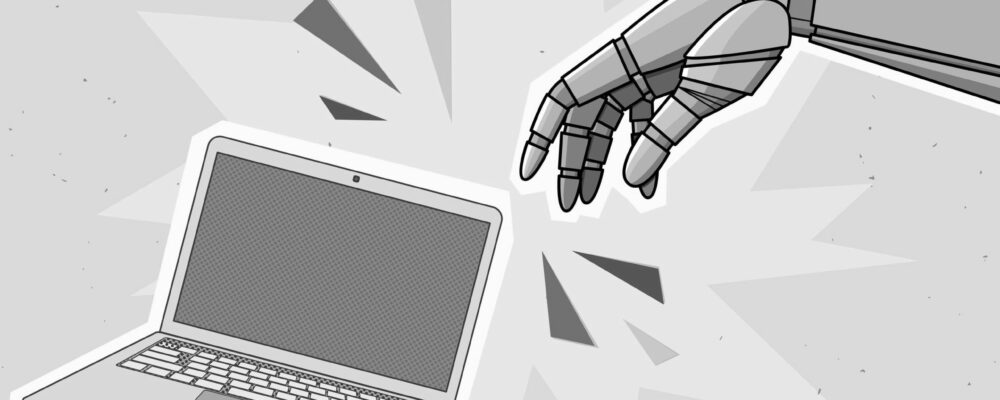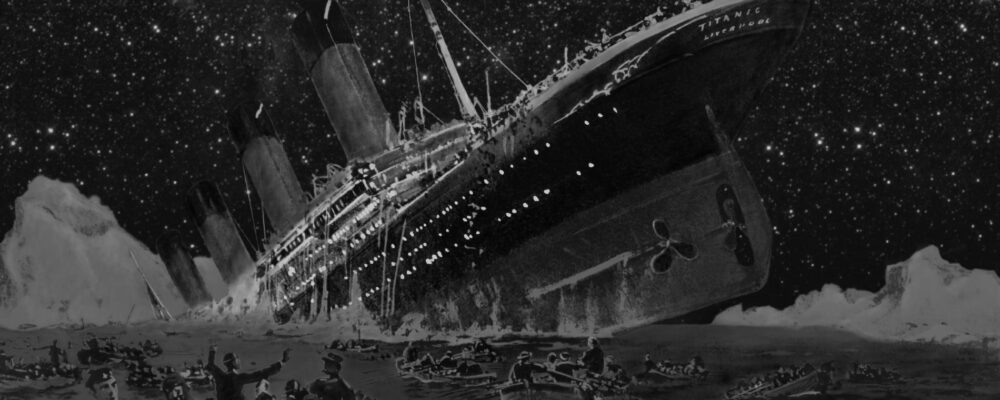Acknowledging despair and rebounding for the battle ahead
The critical step occurs, or does not occur, precisely because we need to acknowledge that the solution is not to change nature, but to change ourselves. We need to adapt to the very problems that we have generated by believing that we were in control of nature. In this sense, “the solution” does not exist and recognising this is a challenge to our ego. It is also an emotional challenge because believing that there is no solution to the sustainability problem invokes despair. With the potential collapse of our ego, we may become depressed and even disenchanted. We will only start resolving these problems with a humbler encounter with nature.
The move out of despair is undoubtedly the most difficult phase, yet it is also the one closest to us, as it happens within ourselves. To take this step, we must first grasp the multitude of challenges at hand.
Ecosystem collapse is just one example of our dysfunctional relationship with nature. Instead of focusing on one problem, we recognise that we are facing a systemic crisis where everything can be seen as a problem. Of course, this is frustrating and induces anxiety.

However, with the understanding that we cannot evade all these challenges, we become a fighter willing to engage, driven by a higher purpose and an overarching dream. While utopias may not always materialise, the journey can infuse our lives with meaning.
Embracing opportunities creates excitement
Once we are past the point of despair, we are able to recognise that the immense challenges we face present many opportunities. In a surprising and magical twist, our problems become grounds for solutions, our vulnerabilities become competencies. We are excited by the prospects ahead and feel enlightened.
On the path towards sustainability, we come to terms with our beliefs, emotions and identities in relation to our journey. This helps us to assess the dynamics of our experiences and gain a deeper understanding of ourselves. Through this process, we become more aware of where we were yesterday, where we are now and where we want to be in the future.
It also helps us become more respectful of others when we have a better understanding of where they are on their paths to sustainability. Instead of being defensive with stakeholders, we can become allies and collaborate to create new solutions, letting them emerge from something bigger than ourselves. This empowers us as wiser leaders.
We can listen to and learn from younger generations – many were born into a world where sustainability challenges were already abundantly clear. They are likely further ahead on their journey and can potentially show us the way forward.
It is also possible that we may be at multiple stages of our journey at the same time. We can embrace this multiplicity of selves – recognising there is space to be in a state of comfort, doubt, confidence, despair, anxiety or excitement – and have internal conversations between these multiple identities. By doing so, we can bring harmony to the most important conversation of all, the one with our conscience.
“INSEAD, a contraction of “Institut Européen d’Administration des Affaires” is a non-profit graduate-only business school that maintains campuses in Europe, Asia, the Middle East, and North America.”
Please visit the firm link to site






